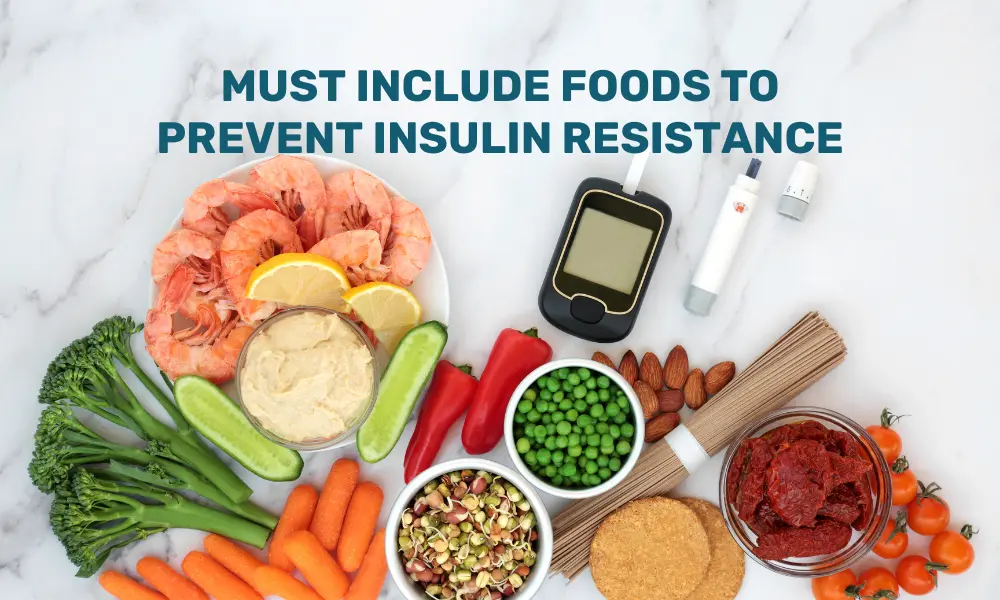Becoming a new mother is joyous, but it comes with many other challenges to cope with. Eating a balanced diet is important for a new mother’s recovery and to provide the best nourishment to the baby, especially if it is a breastfeeding mother.
Ignoring nutrition during the post-pregnancy period can be dangerous for new mothers and can impact their health adversely.
Our in-house expert, Dt. Aparna Pandey, MSC-Nutrition and Dietetics, shares an exhaustive food diet for new mothers to help them build health and vitality during the most important phase of their lives.
1.Hydrate First
Why It Matters: Hydration is essential for milk production and overall health. Proper hydration is necessary for energy and digestion.
Tips: Drink minimum 8-10 glasses of water per day. One must include foods with high water content, such as cucumbers, melons, and oranges. Herbal teas and broths can be additional fluids.
2. Eat Foods Rich in Protein
Why It Matters: Protein is necessary to repair tissues and maintain muscular strength. It also helps in the growth and development of baby if they are breastfeeding.
Tips: Incorporate lean proteins like chicken, fish, eggs, and legumes. Dairy products like milk, yogurt, and cheese are good protein sources.
3. Healthy Fats
Why it Matters: Healthy fats strongly help in brain development in babies. They provide new mothers with sustained energy.
Tips: Reach out for sources such as avocados, nuts, seeds, and olive oil. Fatty fish, like salmon, are high in omega-3 fatty acids, encouraging good health for you and your baby.
4. Load Up on Fruits and Vegetables
Why it Matters: Fruits and vegetables are powerhouses of essential vitamins, minerals, and antioxidants. They help support a healthy immune system and general health.
Tips: Choose a variety of colored fruits and vegetables to consume a wide variety of nutrients. Leafy greens like spinach and kale are very good sources of iron and calcium.
5. Whole Grain for Prolonged Energy
Why It Matters: Whole grains provide sustained energy and are rich in fiber. They maintain stable blood sugar levels, promote digestion, and nourish friendly bacteria.
Tips: New mothers can add whole grains like quinoa, oats, brown rice, and whole wheat to the diet. New mothers must include these meal and snack options throughout the day.
6. Iron and Calcium-Rich Foods
Why It Matters: Iron is essential to replace blood lost during delivery and prevent anemia. Calcium is required for bone health and the development of the baby’s bones and teeth.
Tips: Add iron-rich foods, such as lean meats, beans, lentils, and fortified cereals. Leafy green vegetables and dairy products are good sources of calcium; fortified plant-based milk also provides calcium.
7. Vitamins and Minerals
Why It Matters: The key vitamins and minerals will help in your overall health and recovery. They are vital for the healthful growth and development of your baby.
Tips: Foods rich in Vitamin C, such as citrus fruits, strawberries, and bell peppers, boost your immune system. Zinc, found in nuts, seeds, and whole grains, is crucial for tissue repair and immunity.
8. Avoid Processed and Junk Foods
Why it Matters: Processed and fast food generally contain high amounts of sugar, fat, and salt. These can also be harmful to weight, general health, vitality, and some other conditions.
Tips: As much as possible, choose whole, unprocessed foods. Cook at home. This will help you ensure that you are getting high-quality, nutrient-rich food. Lactating mother’s diet plan must not include processed and junk food.
9. Snacks and Small Meals
Why it Matters: New mother’s often live busy lives, and eating three square meals daily can be challenging. Healthy snacks and small meals will help raise your energy level and prevent overeating.
Tips: Always keep healthy snacks handy, such as fruit, nuts, yogurt, and whole-grain crackers. Eat small, frequent meals to keep up your energy throughout the day.
10. Observe Your Body
Why It Matters: A new mother’s body’s nutritional requirements will vary with different activities post birth, such as breastfeeding and other aspects of your health level. Paying attention to our body’s signs can guide us towards a better diet.
Tips: Eat when hungry, stop when full. Do not ignore cravings; try to find a healthy alternative.
The Bottom line
Diet forms the core of new mothers’ recovery and that of their babies. Staying hydrated by drinking water and eating protein-rich foods, lots of fruits and veggies, and healthy fats will ensure good health in both the new mother and her baby.
However, processed foods should be limited; instead, one must include whole-grain foods. Pay attention to what your body asks for to energize you throughout the day and give you good health. For professional guidance on nutrition and diet, CLICK HERE!
FAQ on New Mother’s diet:
What food should a new mother eat?
Protein is necessary to repair tissues and maintain muscular strength. It also helps in the growth and development of baby if they are breastfeeding. Therefore, new mother’s must incorporate lean proteins like chicken, fish, eggs, and legumes. Dairy products like milk, yogurt, and cheese are good protein sources.
What are good foods to eat after giving birth?
New mothers can add whole grains like quinoa, oats, brown rice, and whole wheat to the diet. Coloured fruits and vegetables, leafy greens like spinach and kale are very good sources of iron and calcium and must be included in new mother’s diet.
What food to avoid post-partum?
Processed and fast food generally contain high amounts of sugar, fat, and salt. These can also be harmful to weight, general health, vitality, and some other conditions. Lactating mother’s diet plan must not include processed and junk food.





